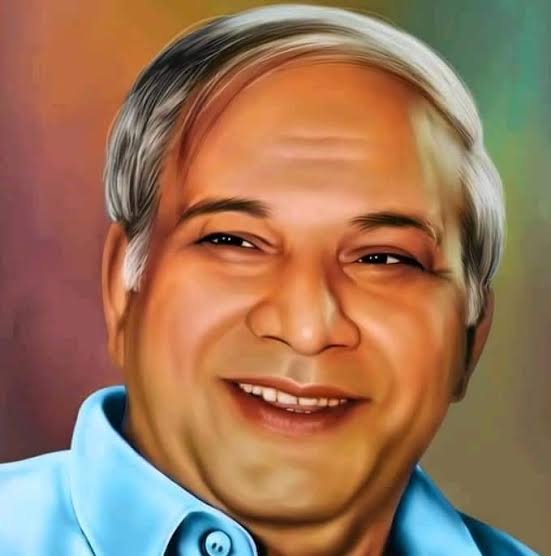For smooth Ad free experience
For smooth Ad free experience
Why should a caste demographic whose numerical strength is 15% make rules for the majority caste communities whose numerical strength are 85%? Why should the Bahujan community not get proper political representation in independent India? These were some of the questions that were asked by Kanshi Ram.

Died on 9th October 2006
Kanshi Ram was a politician and activist who dedicated his entire life to the upliftment and political mobilisation of the Bahujan communities in India. He was the founder president of the Bahujan Samaj Party and many other organisations which worked tirelessly to give the Bahujan communities their due.
Socially, India has been divided on the basis of caste since time immemorial. Some argue that the initial conceptualisation of caste was based on a person’s occupation but through the ides of history a person’s caste was based on which caste group he was born in. In such a gatekept system, the lowest rung of the caste order (Shudras) suffered the most along with the untouchables who did not even fall within the four-fold caste system.
As time took its course, the Shudras, atishudras, backward classes etc. were systematically sidelined from the mainstream society although they constituted around 85% of the total population. This was done through a scheme of generational caste-based privileged enjoyed by the Brahmins and upper castes.
Kanshi Ram realised all of this and more as he was extremely influenced by B.R. Ambedkar and his writings, especially “Annihilation of Caste”. He first came in contact with caste-based discrimination when his fellow Bahujan employee was not allowed to take a leave on B.R. Ambedkar. After this incident, he became a fierce anti-caste activist in 1964. In 1971, he founded the All India SC, ST, OBC and Minority Employees Association which would later become BAMCEF. This body was not religious in nature neither was it political, it urged educated Bahujan members to educate, agitate and organise themselves along the lines of Ambedkarite thought.
Later in 1981, he founded the DS4 (Dalit Shoshit Samaj Sangharsh Samiti) and finally to accumulate Bahujan votes and working for the community he cared about so deeply, Kanshi Ram formed the Bahujan Samaj Party (BSP). BSP saw electoral success in Uttar Pradesh under Kanshi Ram’s protégé Mayawati.
As an individual Kanshi Ram always believed in a cultural revolution that would later have a domino effect in terms of social, political and economic revolution. He always maintained that the BSP, DS4 and BRC (Buddhist Research Centre) were three in which BSP would seek political revolution while other bodies would aid BSP by massively influencing culture.
Kanshi Ram’s emphasis on culture was seen in the manifesto of BAMCEF which advocated for engagement with Bahujan literature and advocated for raising anti-caste consciousness among the masses. The meetings of BAMCEF was flooded with musical performances, posters and poetry. He was responsible for the revival of Bahujan culture and icons in the north Indian belt. Even today in Kanshi Ram Jayanti Bahujan heroes such as Ambedkar, Phule, Munda and Periyar are fondly remembered. This level of grass-root activity was never done by any mainstream politician.
Kanshi Ram was someone who always operated from the bottom up even though he was power-hungry. His charisma instantly made him a favourite of the masses. He would personally visit the houses of Bahujan families and cadre members to foster a good interpersonal connection with them.
Even after his death, Kanshi Ram has remained successful in bringing in a Dalit Bahujan cultural revolution that would celebrate rather than persecute the long marginalised communities of India. Even today, Kanshi Ram Jayanti is celebrated with a lot of cultural remembrances. Bollywood has dedicated songs like “Kanshi Ram Saheb Ka Alha” and “Manywar Kanshi Ram Saheb Ki Yaad Mein” to him. Kanshi Ram's struggle and revolution still remains alive to this date in various anti-caste protests.
0
You might be interested in reading more from
